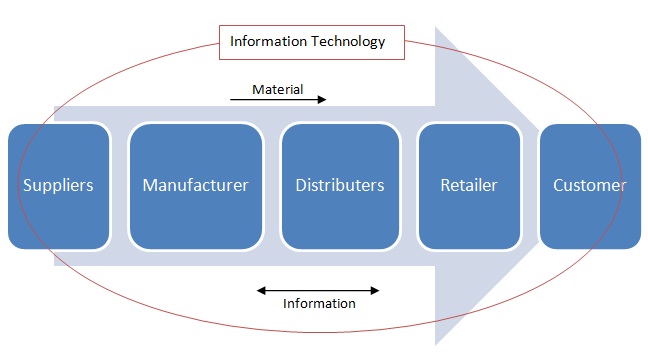Businesses today cannot survive without
some form of integration. Your success depends on how you reach
your target audience and how effectively you interact with them.
Partnering with your customers reduces overhead for both
companies. This interaction is usually achieved through the use
of custom software or middleware tools such as Altova or
MuleSoft. Applications like these and others provide the tools
to manipulate the data into the format standards required for
data transport, data transformation, and routing. Data can then
be integrated with XBRL tools, Web services development, chart
creation, EDI mapping, in addition to core functionality for
XML, SQL, and UML development.
Mapping disparate databases and documents with one to many, EDI
to XML, XML to EDI.
Architecting integration solutions is a complex task and should
not be taken lightly. Unfortunately, there is no one size fits
all or playbook for enterprise integration solutions. At RSA we
are vendor agnostic in our experience. Our real world expertise
lies within the integration itself. We look beyond the vendors
provide methodologies and best practices, which are very much
geared towards the vendor-provided tool set, and analyze the
bigger picture, including underlying guidelines, principles and
industry best practices.
Our projects have included integrating with
Acumatica,SAP,SAP B1, Sage, Intuit, Infor, JDE, Royal 4, Davinci,
Accellos, ADP, Epicor, PeopleSoft, Macola,Oracle, Dynamics,
Navission and custom in-house systems for legacy or proprietary
software written for a variety of standard and non-standard
databases.

